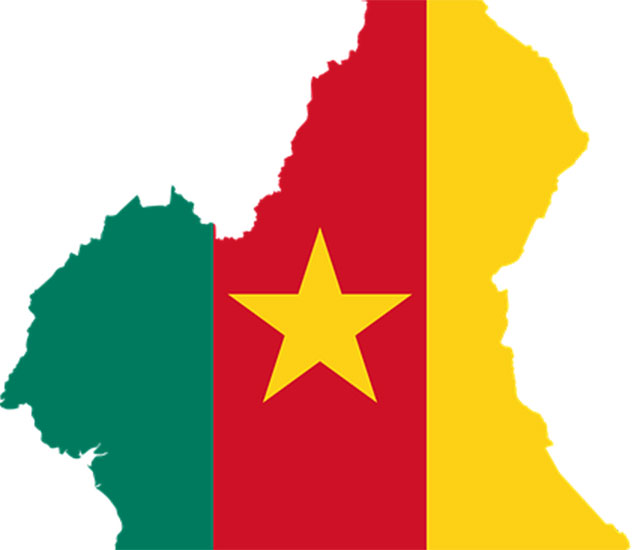Yaounde – Cameroon on Tuesday denied asking Canada for any help to mediate an end to years of separatist unrest after Ottawa said it had a mandate to facilitate a peace process.
Following the denial from government spokesperson Rene Emmanuel Sadi, the foreign ministry in Canada maintained its version, saying meetings had already taken place with Cameroon government representatives.
“Following recent reports by certain media, the government states… that it has given no country or external body, any role whatsoever as mediator or facilitator,” the Yaounde spokesman said in a communique.
It was for Cameroonians to solve the nation’s problems, he added.
Canadian Foreign Minister Melanie Joly on Friday detailed a process underway between the Cameroonian government and two self-proclaimed governments.
“Canada welcomes the agreement by the parties to enter a process to reach a comprehensive, peaceful and political resolution of the conflict,” Joly said.
“Canada has accepted the mandate to facilitate this process.”
“The parties have also agreed to form technical committees to begin work on confidence-building measures,” Joly said.
“We are in contact with the parties and our statement holds,” Joly’s spokesperson Adrien Blanchard said on Tuesday.
“Three meetings have taken place in Canada between the different parties, including representatives of the government of Cameroon,” he added.
ALSO READ | ‘There are many grey areas’ – Emotions high as missing Cameroon journalist found dead
Cameroon’s primarily English-speaking Northwest and Southwest regions have been gripped by conflict since separatists declared independence in 2017 after decades of grievances at perceived discrimination by the francophone majority.
President Paul Biya, who has ruled the central African nation with an iron fist for 40 years, has resisted calls for wider autonomy and responded with a crackdown.
The conflict in the former French colony has claimed more than 6 000 lives and forced more than one million people to flee their homes, according to the International Crisis Group (ICG) think tank.
Canada said parties to the talks were “the Republic of Cameroon, the Ambazonia Governing Council and the Ambazonia Defence Force, the African People’s Liberation Movement and the Southern Cameroons Defence Force, the Interim Government, and the Ambazonia Coalition Team.”
Civilians have suffered abuses committed by both sides, NGOs and the United Nations say.
Eighty-percent of Cameroon’s population of 24 million are French-speaking.
The presence of the large anglophone minority is a legacy of the colonial era.
The former German possession of Cameroon was partitioned after World War I between Britain and France.
In 1961, part of the British territory, the Southern Cameroons, joined Cameroon after it gained independence from France.
Follow African Insider on Facebook, Twitter and Instagram
Source: AFP
Picture: Pixabay
For more African news, visit Africaninsider.com


